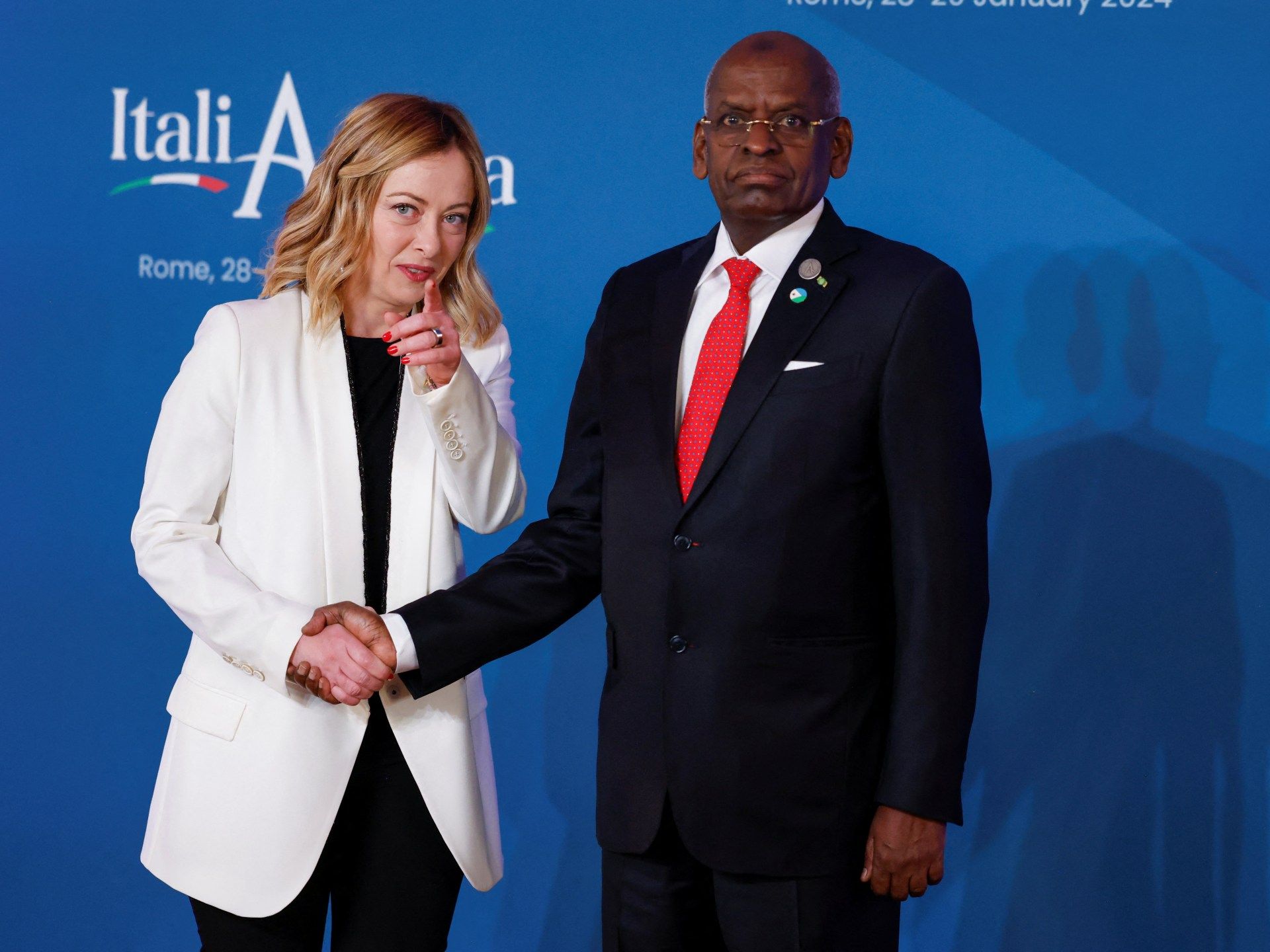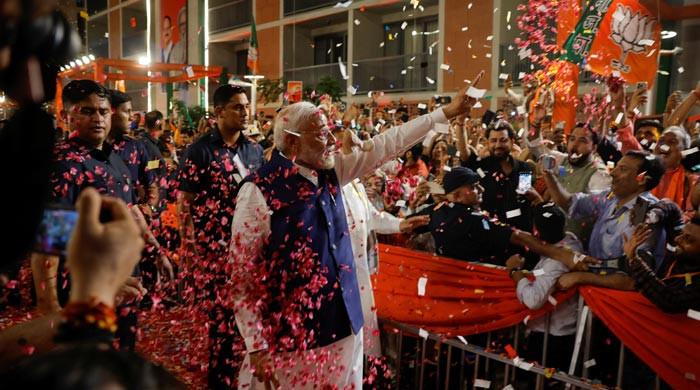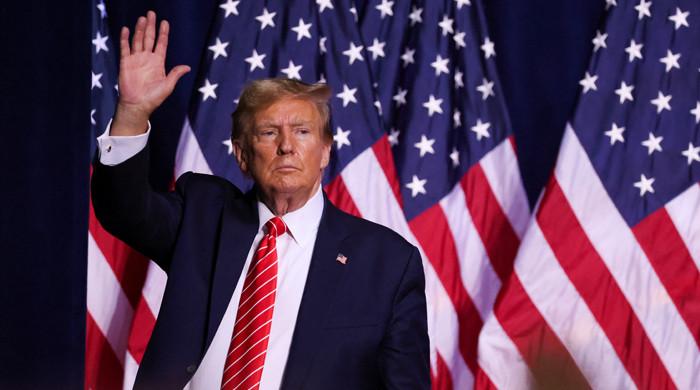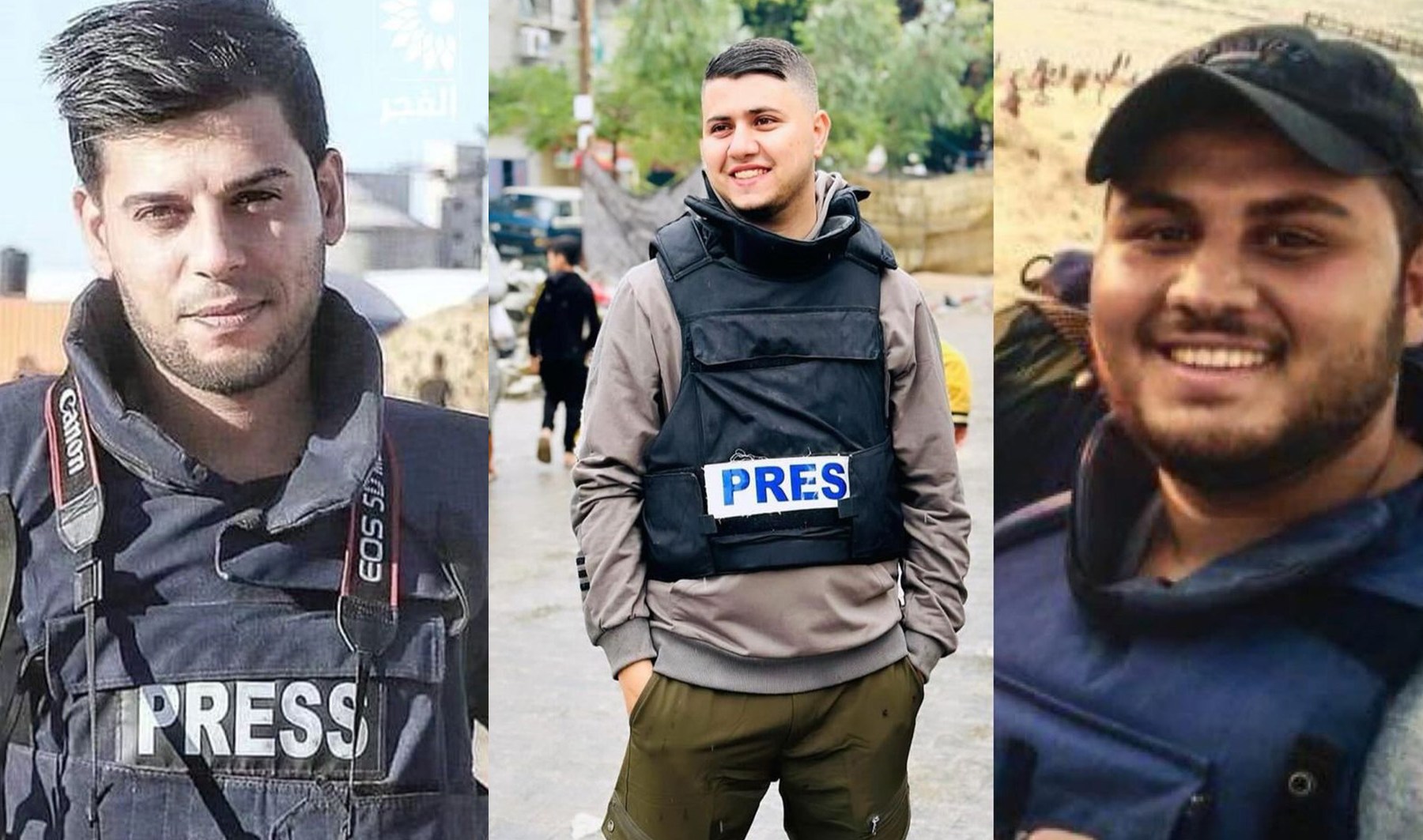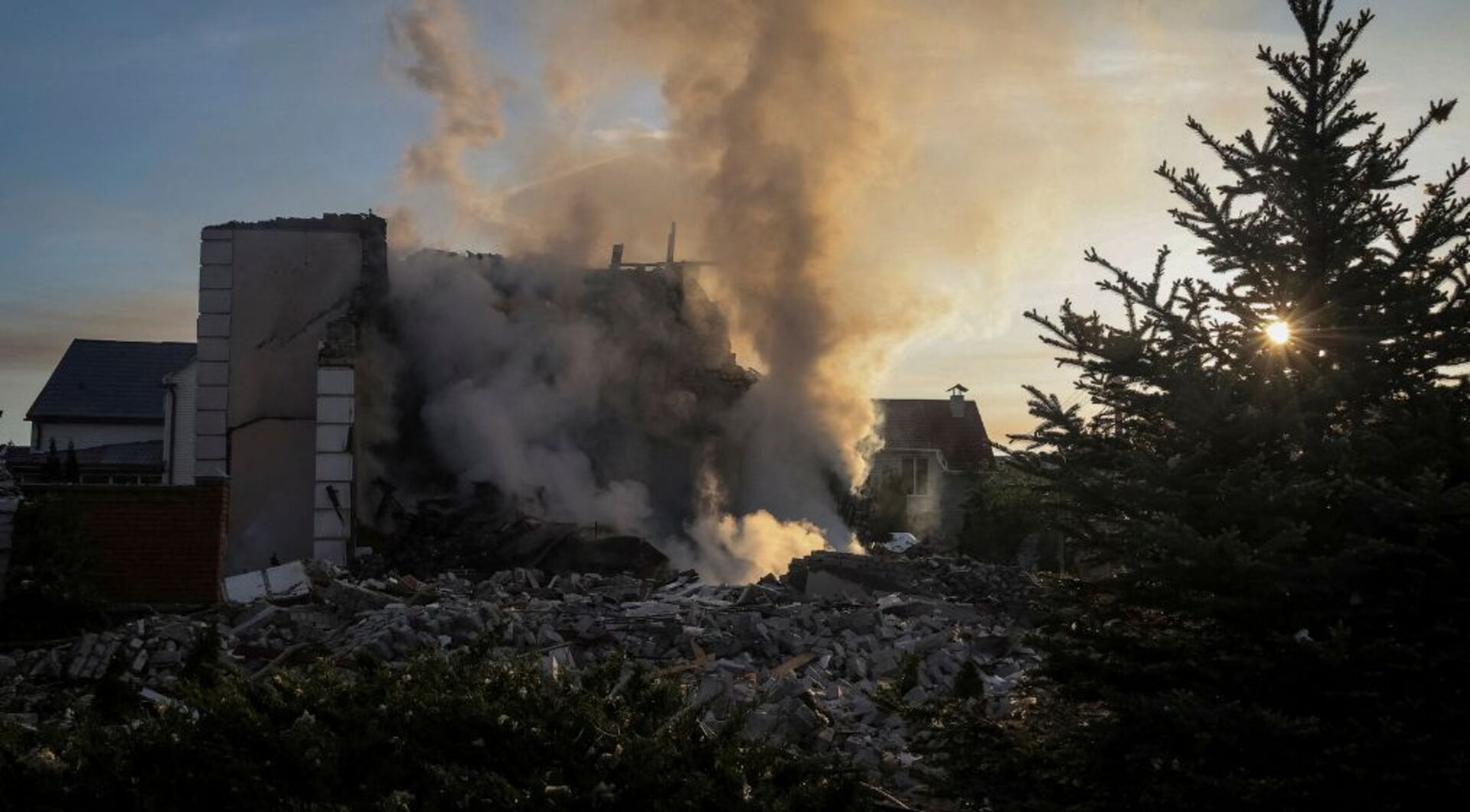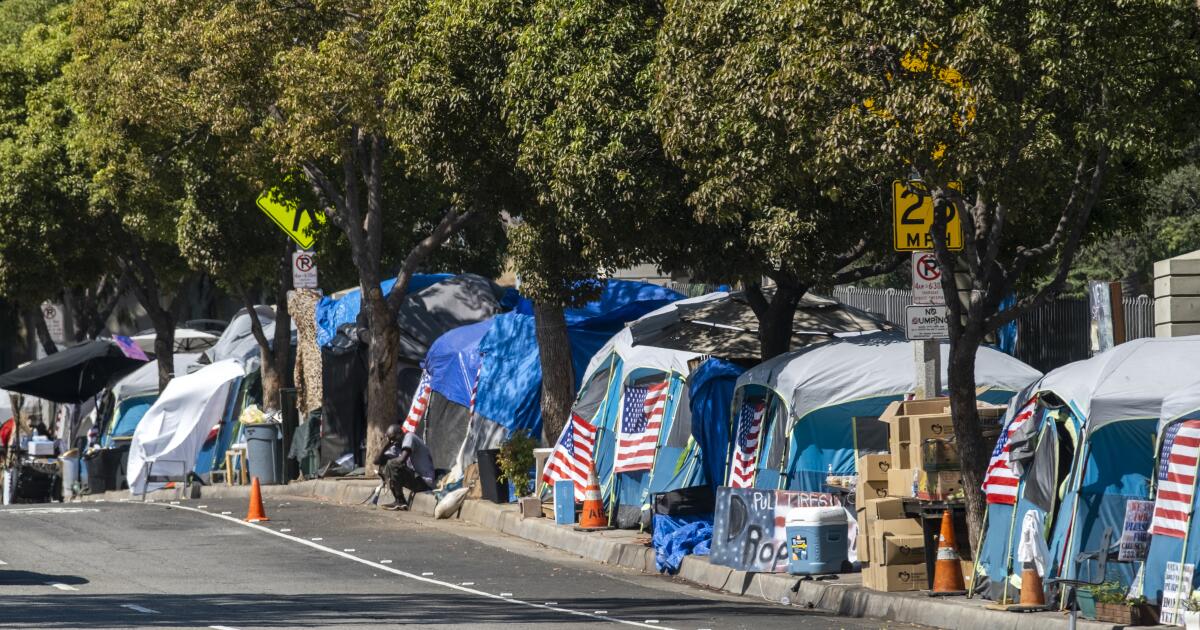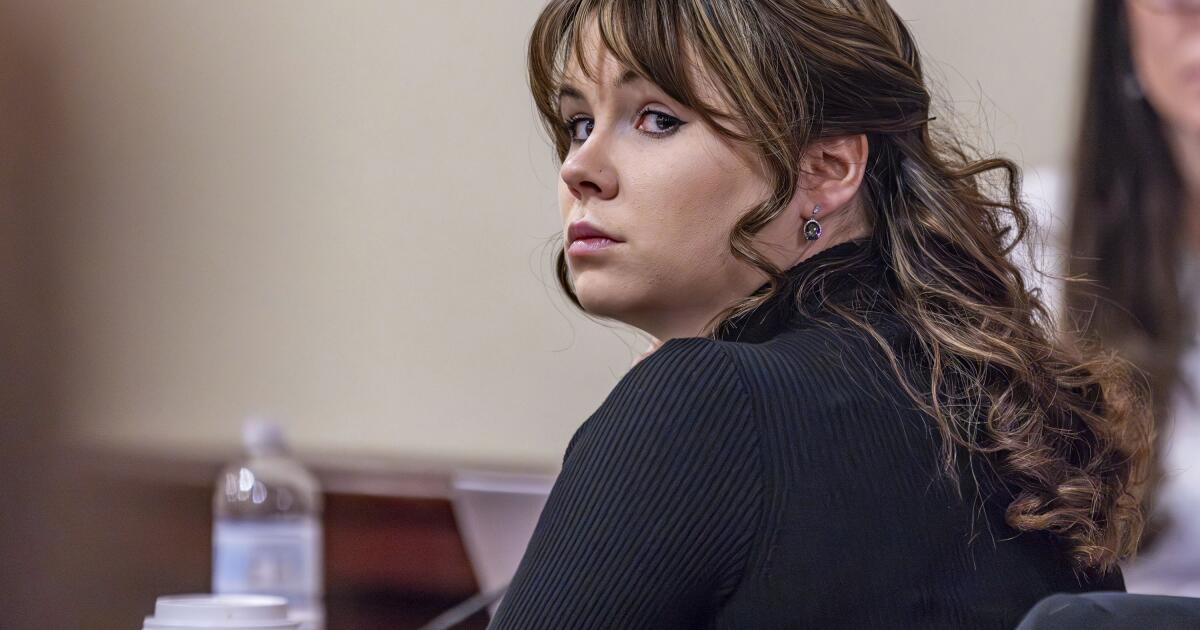Bari, Italy – Africa will be high on Italy's agenda this year at the Group of Seven (G7) leaders' meeting, as Prime Minister Giorgia Meloni aims to position the country as a key energy hub between Europe and the continent.
But whether there is a clear vision and financial resources to do so remains to be seen, experts have warned.
A dozen heads of state are expected to attend the three-day forum, which begins Thursday in the southern region of Puglia, to discuss global policy.
Africa, climate change and development are the first topics of the initial session of the G7.
As a sign of Meloni's outreach ambitions, a relatively high number of guests from the Global South have been invited to this year's forum.
Russia's invasion of Ukraine, Israel's war on Gaza and growing competition with China are expected to dominate the talks, but Meloni wants the crown jewel of his foreign policy to feature prominently: the so-called Mattei Plan.
The project embodies his vision of projecting power in Africa and turning Italy into a bridge for gas to be distributed from Africa and the Mediterranean to the rest of Europe, as well as supporting economic growth to curb mass migration from the African continent.
But Meloni's goals appear to focus on investment rather than development.
It has selected financial institutions, banks and private and state companies for its promotion. The participation of NGOs and humanitarian organizations is less prominent.
At the G7, experts have said, she will seek partnerships, money and legitimacy.
The timing could not be better for the prime minister who will chair the summit as Europe's rising star following his victory in the recent European Parliament elections.
a new face
“It is about presenting a new strategy that appeals to both the electorate and businesses: Africa is seen as an opportunity to grow by diversifying energy partners and resources. [are] key,” said Maddalena Procopio, senior policy researcher in the Africa program at the European Council on Foreign Relations.
“Meloni wants to present Italy as the new European face in Africa and putting emphasis on the continent at the G7 is a smart move because he knows there is unprecedented global interest in it,” Procopio said.
Africa is home to about 30 percent of the world's mineral reserves, many of which are critical for renewable and low-carbon technologies, including solar and electric vehicles. It also stores 8 percent of the world's natural gas, according to the UN.
These resources are key as Western nations try to disconnect from Russian gas after Moscow invaded Ukraine. Since last year, Algeria has accounted for almost 40 percent of Italy's gas imports.
Some observers say there is also a geopolitical calculation.
Italy's ambition is to intervene at a time when its competitor France is suffering major setbacks.
Italy has a lighter colonial background compared to France and aims to strike a tone that is neither paternalistic nor imposing towards its African partners. Anti-French and anti-American sentiments have recently been brewing across the continent, especially in French-speaking Africa, where French troops have left several countries.
'Narrative only'
Amid growing competition between the Western bloc and the China-Russia front, the EU and the US will follow Meloni's plan with interest, but there is some skepticism about its viability.
During a summit between Italy and Africa earlier this year, Meloni developed five areas of investment (energy, agriculture, water, health and education) and some pilot projects.
Observers were not impressed.
“It was vague and most of the projects presented were a name change of some that were already in operation,” said Bernardo Venturi, head of research and policy at the NGO Peacebuilding Agency.
He said no additional resources were allocated for the plan, apart from 5 billion euros ($5.38 billion) previously taken from other budgets, and claimed that most African partners had not been consulted.
Since then, a working group was created in which the Ministry of Foreign Affairs and NGOs with decades of experience on the ground were left with a marginal role, he added.
“Italy also lacks the economic resources to invest in new projects and has a marginal institutional presence across the continent,” said Venturi, who has closely followed the project's development.
For that, it needs EU member states to support it financially, but Meloni has given a fairly low degree of responsibility to the Foreign Ministry, raising questions about its international reach.
More criticism came from human rights groups, who said the plan is an attempt to disguise anti-immigration policies as an energy investment plan.
Meloni based much of his election campaign on promises to address migration.
Human rights groups have accused his government of trying to impede the work of search and rescue organizations in the Mediterranean by restricting the rights of refugees to reach its shores.
An Italian official who spoke to Al Jazeera on condition of anonymity dismissed the initiative, saying: “There is no Mattei Plan, it's just a narrative.”

